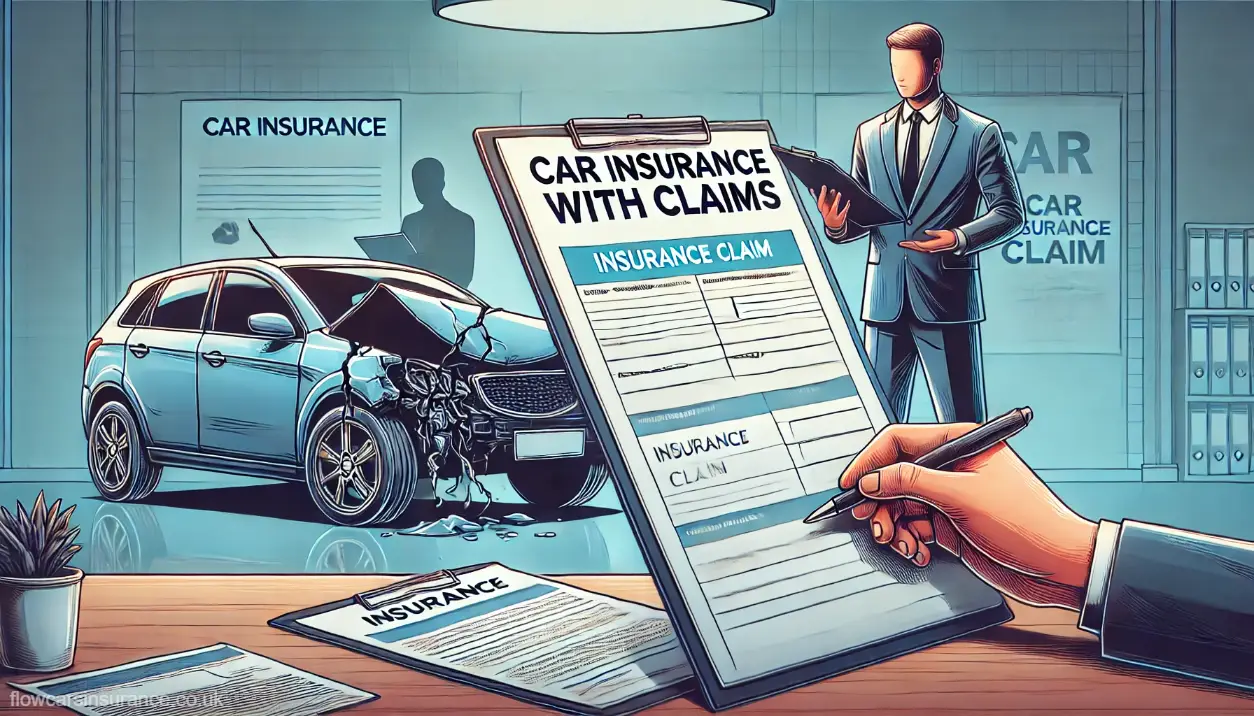Key Takeaway: Making a car insurance claim can protect you financially after an accident or loss, but it also carries potential costs—higher premiums, loss of No Claims Discount (NCD), and excess payments.
Understanding the steps, requirements, and implications beforehand ensures a smoother process and helps you decide whether to claim.
1. When to Notify Your Insurer
You must inform your insurer of any accident or incident immediately, even if you don’t intend to claim. Most policies stipulate a time limit (often 24–48 hours) for reporting incidents—failure to do so can invalidate your cover or a future claim.
2. At the Scene: Gathering Evidence
Before leaving the scene, ensure safety and then:
- Exchange details: names, addresses, vehicle registrations, insurer, and policy numbers.
- Photograph the scene: vehicle damage, road markings, weather conditions, and eyewitnesses.
- Note key facts: date, time, location, and any witness contact details.
- Avoid admissions of fault; only state facts.
This evidence underpins your claim and can speed up settlement.
3. Making the Claim: Step-by-Step
- Contact your insurer’s claims team (often 24/7 helpline) as soon as possible.
- Complete the claim form online or on paper, attaching photos and any police/crime reference if applicable.
- Provide a statement: transparently recount what happened.
- Arrange vehicle inspection: your insurer may send a loss adjuster to assess damage and estimate repair costs.
- Use approved repairers if required—unauthorized garages may lead insurers to refuse payment.
- Settle your excess: you pay the excess amount first; the insurer covers the remainder up to policy limits.
4. Understanding Excess
A policy excess is the portion you contribute towards a claim before your insurer pays out.
- Compulsory excess: fixed by the insurer (e.g., £250).
- Voluntary excess: additional amount you choose to lower premiums (e.g., £150 extra)—total excess becomes compulsory + voluntary.
If total excess (£400) exceeds repair cost (£350), you’ll cover the full cost yourself; no claim payment will be made. Consider excess insurance to cover these costs in case of a claim, priced from ~£20/year for cover up to £1,000.
5. Impact on No Claims Discount (NCD)
Each claim can reduce or wipe out your NCD, which rewards claim-free years with premium discounts:
- Non-fault claims: typically no NCD loss if insurer recovers costs from the third party.
- At-fault or disputed claims: you may lose several years of NCD.
- NCD protection: for a fee, you can safeguard your discount, allowing one or two small at-fault claims per year without impacting NCD.
Example: After five years NCD, you might forfeit two years’ discount following an at-fault claim, increasing renewal premium by up to 60% compared to a claim-free driver.
6. Claim Types and Special Situations
- Comprehensive claims: covers your damage and third-party losses.
- Third-party claims: you seek compensation from another driver’s insurer for damage/injuries.
- Uninsured or untraced drivers: claim via the Motor Insurers’ Bureau (MIB); submit electronically and obtain an MIB reference to pursue losses.
- Windshield or minor damage: some add-ons allow glass-only claims without affecting NCD or premiums—check your policy’s extent.
7. Timing and Settlement
- Claim duration: a few days for minor claims; several months for complex disputes or injury claims.
- Payment: insurer deducts excess, then either pays you or settles directly with repairer.
- Uninsured losses: you can claim costs like hire car, loss of earnings, or policy excess from the at-fault party if your insurer can’t recover them.
8. Should You Claim? Weighing the Pros and Cons
| Consideration | Claiming Benefits | Claiming Drawbacks |
|---|---|---|
| Financial protection | Covers large repair bills, loss or theft | You pay excess and potential future premium hikes |
| No Claims Discount | Non-fault claims usually safe | At-fault: lose years of NCD, increasing renewal cost |
| Premium impact | Insurance handles complex liability issues | Even non-fault claims can raise premiums slightly |
| Peace of mind | Avoid unexpected repair costs | Small damage (< excess) best paid out-of-pocket |
If repair cost < excess, self-fund repairs; otherwise, claim. For contentious liability or serious injury, always claim to ensure legal protection.
Conclusion
A well-managed claim safeguards you from hefty repair costs and legal liabilities—but it can affect your future premiums and NCD. By gathering thorough evidence, understanding excess and claim impacts, and weighing the cost versus benefits, you can make informed decisions about when and how to claim.
Always review your policy’s specific terms, consider NCD protection if you value your claim-free discount, and contact your insurer promptly to keep your cover intact.
